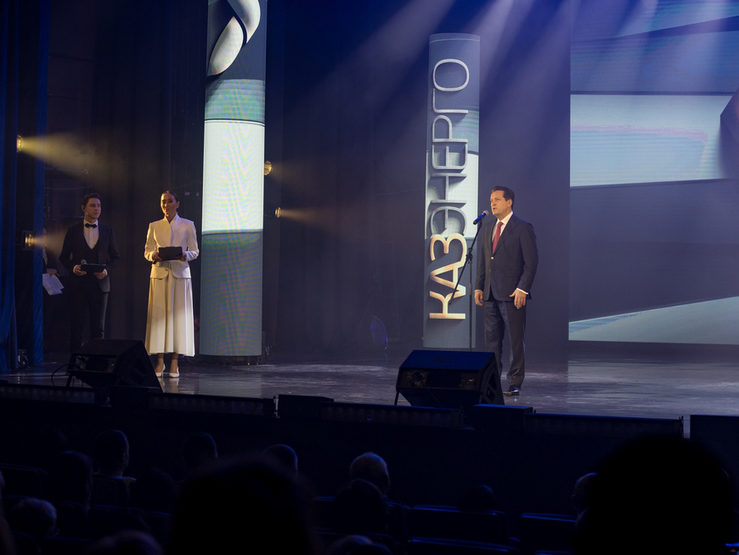In 2022, 18 thousand tons of granulated material were produced from 73,000
tons of sludge, which is comparable to the capacity of almost 3 thousand dump
trucks, at the first line of thermomechanical sludge treatment in Kazan in
Russia. The final product is certified and used as biofuel. In addition, a
certificate of conformity was obtained for the use of pellets as fertilizer for
industrial crops. The results of the unique project were reported to the Mayor
of the capital of the republic of Tatarstan Ilsur Metshin at the summing-up
meeting by Andrey Egorov, Director of the Municipal Unitary Enterprise Vodokanal.
The launch in 2021 of a line of thermomechanical sludge treatment at
biological treatment plants allowed the city to completely stop using the sludge
pits, A.Egorov noted.
“In 2022, a certificate was received for the final product – solid
biofuel. To date, 100% of the product is sold as biofuel to a cement factory in
the Komsomolsky village of the republic of Mordovia. For the alternative use of
pellets, a certificate of conformity for fertilizer for industrial crops has
been obtained, which will expand the scope of use,”- explained the Director of
Vodokanal.
In December 2022, the technology of thermomechanical sludge drying was
recognized as the best environmental project at the ECO-leader annual
competition of the Ministry of Ecology of the republic of Tatarstan.
The abandonment of the use of sludge pits allowed to start their
reclamation in 2021. At the moment, the work has been completed by 49%. The
project is implemented under the federal program “Improvement of the Volga”. It
is expected that the work will be completed in 2024, which will solve the
long-standing problem of the environmental impact of the sludge pits.
The construction of a thermomechanical sludge treatment line worth
almost 1.7 billion rubles began in December 2018 on the expenses of Vodokanal, as well as borrowed funds. The
sludge that has undergone preliminary mechanical and biological purification is
first dehydrated in decanter centrifuges to a humidity of 75%, and then dried
in special drums.
The filtered water undergoes additional purification, and the dried
decontaminated sediment takes the form of a granulate with a moisture content
of 5-10%. The granulated material has a hazard class V, that means it is actually
safe.
The entire daily volume of sediment passes through the thermomechanical
treatment line. On average, when processing 200 tons of sludge, it is possible
to obtain 50 tons of granulated material per day.
